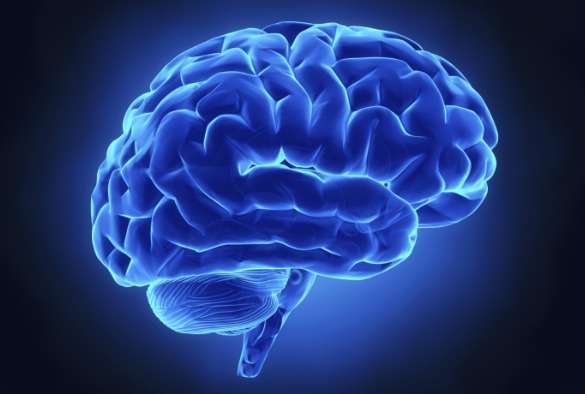Possible new treatment for neurodegenerative diseases found

Researchers at the University of Liverpool have found that a well-established anti-epileptic drug could also be used as a treatment for neurodegenerative diseases.
Neurodegeneration involves the progressive loss of nerve structure and function and is a common characteristic of several conditions, including Parkinson's, Alzheimer's and Huntington's. Such diseases are presently incurable.
Researchers from the University's Institute of Translational Medicine have found that the anti-epileptic drug ethosuximide has protective effects in certain neurodegenerative disease models.
Making a difference
Professor of Cellular and Molecular Physiology, Alan Morgan, said: "Incidence of these diseases is on the rise due to our increasingly ageing population, yet there is a lack of effective therapies to treat them.
"Our research suggests that ethosuximide has potential for repurposing as a treatment for multiple neurodegenerative diseases and provides a platform from which new medicines could be developed.
"Indeed, we are now actively pursuing this in current research with colleagues Professor Bob Burgoyne and PhD student, Shi Quan Wong. Eventually, we hope that our work will make a difference to those suffering from these debilitating diseases."
More information: Xi Chen et al. Ethosuximide ameliorates neurodegenerative disease phenotypes by modulating DAF-16/FOXO target gene expression, Molecular Neurodegeneration (2015). DOI: 10.1186/s13024-015-0046-3

















